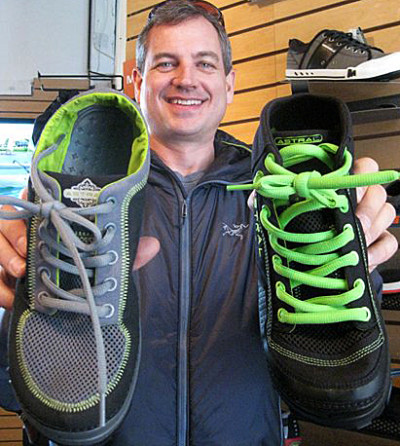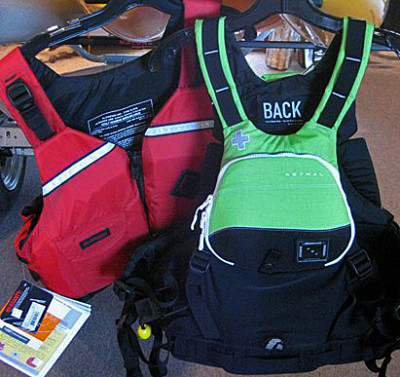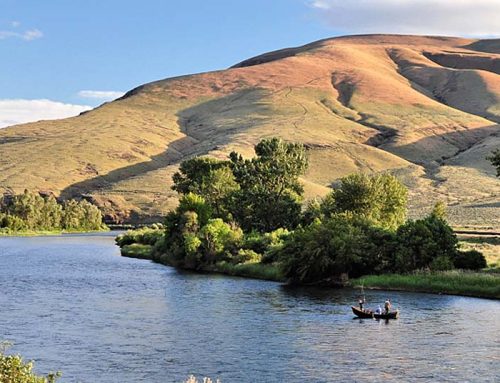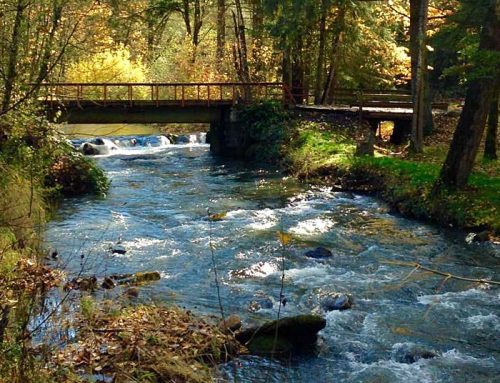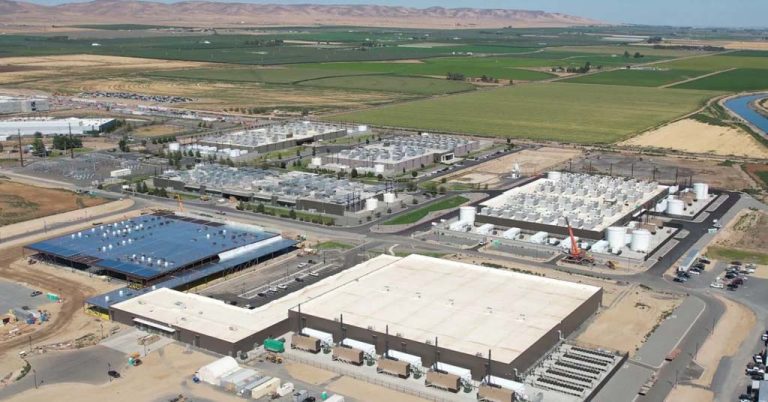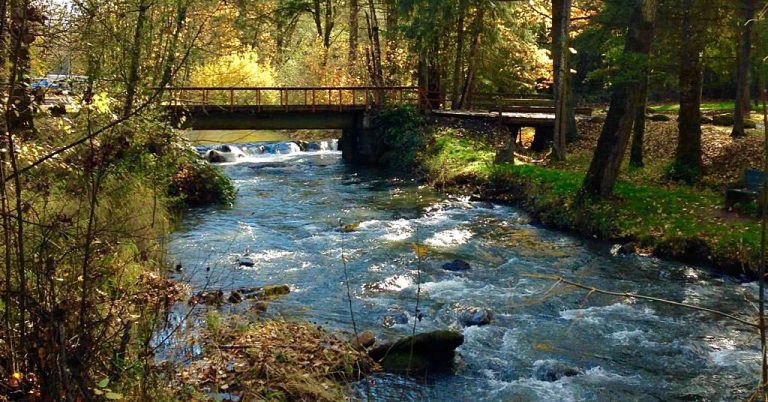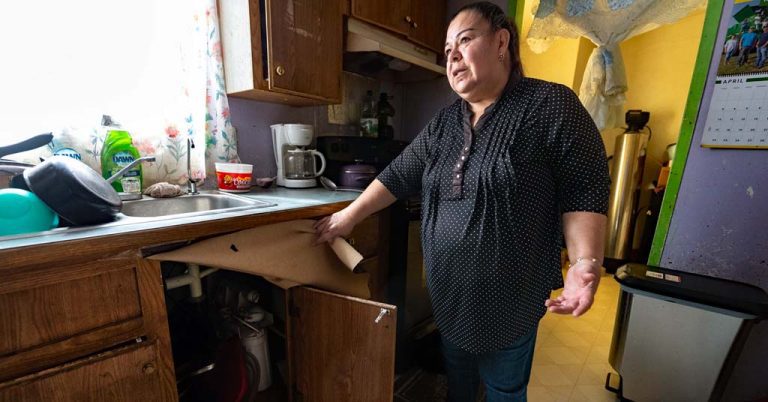Editor’s note: Sadly three years after we published this article, the Kayak Shed burned down and did not reopen.
By Stu Watson. Apr. 3, 2014. When it comes to the environmental impacts and benefits of paddle sports products, John Hart has jumped into the river and bobbed downstream with some of the most innovative manufacturers in the industry.
Owner since 2000 of the Kayak Shed in Hood River, Hart once worked in product design and development with Patagonia. That brand earned early props for its work sourcing organic cotton, reducing waste and avoiding harmful chemicals.
Shortly after Patagonia bought Lotus Designs, a maker of paddle sports life jackets, Hart headed north, while the former Lotus owners three years later started Astral Buoyancy in North Carolina. They wanted to make water-play products with low environmental footprint.
These days, Hart is happy and proud to stock Astral life vests and shoes. He has watched as the company aggressively worked to move its vests away from polyvinyl chloride foams, which kick out toxic chemicals during production, and as they degrade.
Cheap, flexible, functional, PVC products often incorporate phthalates to impart flexibility. But pthalates have been implicated in a variety of health problems. The Centers for Disease Control, for instance, notes that phthalates can affect human reproductive activity, and developmenet of reproductive systems in children.
If you want the micro-detail, check out this summary from the Environmental Protection Agency about the different types of phthalates . Tests continue to assess possible carcinogenic properties.
Hart notes that Astral loops backward and forward in its design efforts. For instance, it moved from PVC to the natural fiber, kapok, in its vests. Kapok was the standard for shipboard life vests for most of the 20th century.
Although it molds well to the body, the supplies of kapok proved of inconsistent quality, so Astral moved on. Research led Astral founder Philip Curry to a Taiwanese company, Winboss , which makes Gaia NBR (nitrile butadiene rubber) foam.
Gaia contributes far fewer volatile organic compounds to the atmosphere, and doesn’t involve the chlorine and phthalates associated with other foams.
“We are constantly working to find new methods and materials to make outdoor products more sustainable, so we can enjoy the outdoors for generations to come,” said Yonton Mehler, general manager at Astral Buoyancy.
We wouldn’t want to leave the impression that Patagonia and Astral are the only innovators and that the Kayak Shed is the only retailer celebrating earth-friendly design REI educates its consumers about flotation options), as does Mountain Equipment Cooperative.
Hart says the Astral folks are also evolving the materials used in their footwear. Next up? Use of recycled tire treads. Huaraches, anyone?
Stu Watson worked for more than 20 years for several Northwest newspapers and magazines, before starting freelance work in 1997.

